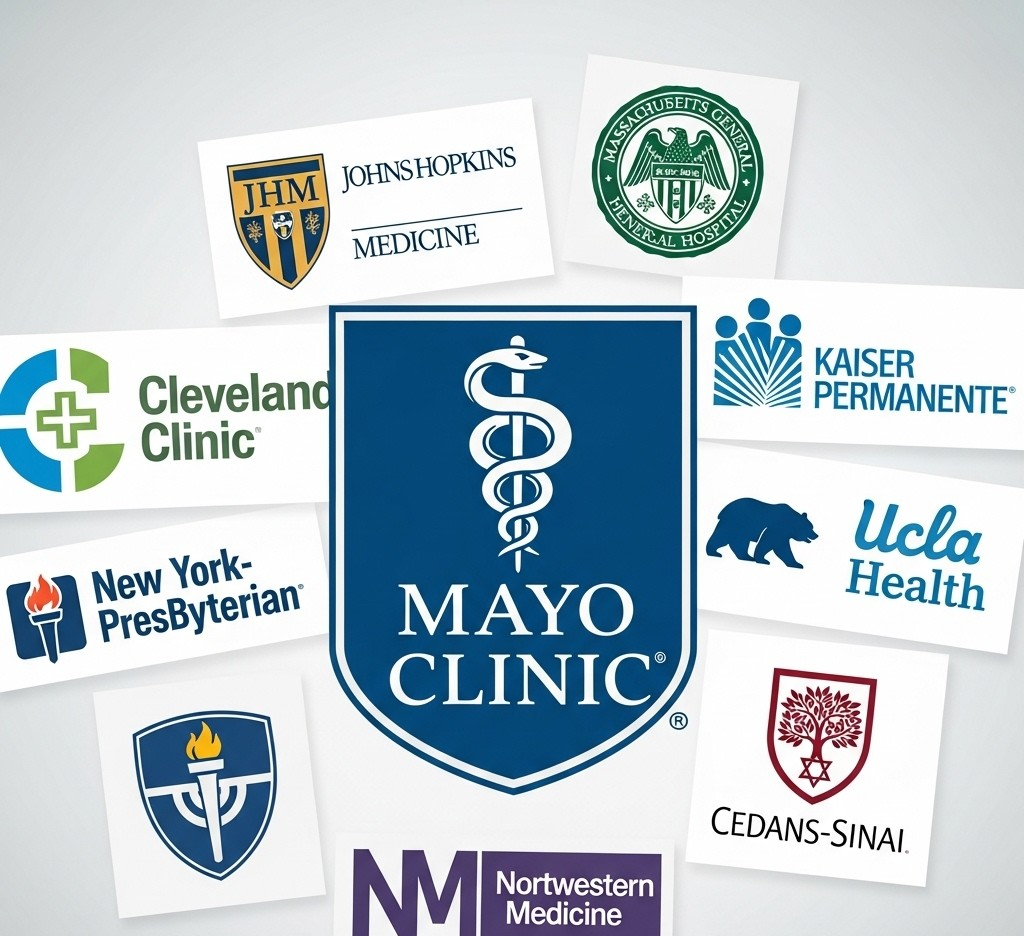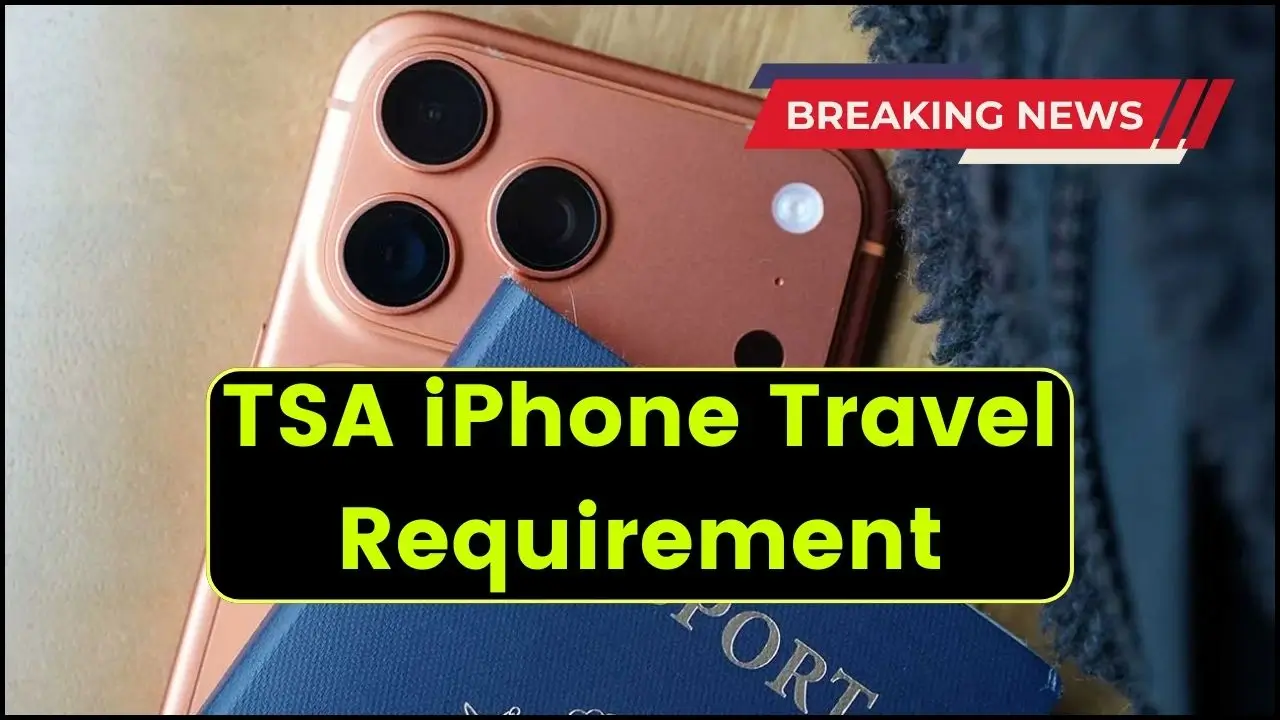A Healthcare Administrative Fellowship for 2026 is your golden ticket to a leadership role in the dynamic world of healthcare. It’s a postgraduate training program designed to launch your career, moving you from the classroom to the executive suite. But navigating the competitive application process can feel like a maze. You’re ambitious, you’ve got the education, but you need a clear strategy. This guide is your map. We’ll break down what these fellowships are, where to find the best ones, and exactly how to build an application that gets you noticed.

What Exactly Is a Healthcare Administrative Fellowship?
Think of a healthcare administrative fellowship as a leadership residency. It’s typically a one-to-two-year program where a recent graduate with a master’s degree (like an MHA, MPH, or MBA in Healthcare Management) works directly with senior executives in a hospital or health system.
Unlike an internship, a fellowship is a deep dive. You aren’t just observing; you are leading projects, managing departments, and helping to solve real-world challenges facing the organization. The goal is to fast-track your development into a competent and confident healthcare leader.
Key components usually include
- Rotational Experience: You’ll spend time in various departments—from finance and operations to marketing and patient safety—to gain a 360-degree view of the organization.
- Project Management: Fellows are assigned significant projects that have a real impact, such as implementing a new patient care model or analyzing a major service line for growth opportunities.
- Executive Mentorship: This is the secret sauce. You get direct access to and guidance from seasoned C-suite leaders, an invaluable opportunity for networking and learning. In my experience advising applicants, the quality of mentorship is one of the most critical factors for long-term career success.
Finding the Right Fit: Where to Look for Top Fellowships
The landscape of fellowships is vast, ranging from large academic medical centers to community-based health systems. Finding the perfect program depends on your career goals.

National Council on Administrative Fellowships (NCAF)
Your first stop should be the National Council on Administrative Fellowships (NCAF). It’s a centralized application service that simplifies the process, allowing you to apply to many top-tier programs with a single application. According to the NCAF’s official website, they streamline the timeline with universal offer dates, making the process more transparent for everyone.
Here’s a glimpse of the top programs, many of which use the NCAF portal:
- Academic Medical Centers: These are often the most competitive and are affiliated with major universities. Think Mayo Clinic, Cleveland Clinic, and Massachusetts General Hospital. They offer incredible exposure to cutting-edge research, teaching, and complex clinical care.
- Large Health Systems: Organizations like Kaiser Permanente, HCA Healthcare, and Advocate Aurora Health provide a broad view of integrated healthcare delivery across multiple hospitals and clinics.
- Specialized and Regional Systems: Don’t overlook excellent programs at places like the Freeman Health System. A fellowship at a strong regional system provides deep community engagement and a chance to make a significant impact on a local level.
The Role of Your Graduate Program
While Harvard Law School doesn’t offer a health administration fellowship, top graduate programs like the Harvard T.H. Chan School of Public Health are prime recruiting grounds for them. Your university’s career services office is a goldmine of information. They have established relationships with health systems and can provide lists of where alumni have successfully landed fellowships.
Crafting a Winning Application: A Step-by-Step Guide
Competition is fierce, but a well-crafted application will make you stand out. I’ve seen countless students go through this process, and the ones who succeed are strategic, authentic, and meticulous.
The Personal Statement: Tell Your Story
This isn’t just a cover letter; it’s your narrative. Your goal is to connect your past experiences to your future aspirations in healthcare leadership.
- Start with a Hook: Why healthcare? Was there a personal experience or a specific problem you observed that ignited your passion? Start with that.
- Show, Don’t Tell: Instead of saying you’re a “great leader,” describe a specific project where you led a team to achieve a tangible result. Use the “Problem, Action, Result” framework.
- Tailor It: For each program, explain why you are a perfect fit for them. Mention a specific initiative, their mission, or a leader at their organization you admire. Show you’ve done your homework.
Letters of Recommendation: Choose Your Champions
Your recommendations should come from people who can speak to your leadership potential in detail.
- Who to Ask: Aim for a mix. An academic mentor who can speak to your intellect and work ethic, and a professional supervisor (from an internship or job) who can attest to your real-world skills.
- When to Ask: Give your recommenders at least one month’s notice. Provide them with your personal statement, resume, and a list of the programs you’re applying to with deadlines. Make their job as easy as possible.
The Resume: Highlight Your Impact
Your resume should be a highlight reel of your accomplishments, not a list of duties.
- Use Quantitative Data: Instead of “Managed a project,” try “Led a 3-person team to implement a new scheduling system, reducing patient wait times by 15%.”
- Focus on Transferable Skills: Emphasize project management, data analysis, communication, and teamwork skills—all crucial for an administrative fellow.
Acing the Multi-Round Interviews
Interviews are your chance to bring your application to life. They are often multi-staged, including phone screenings, video interviews, and an on-site “Super Day.”
- Know Your ‘Why’: Be prepared to articulate clearly why you want to be a healthcare leader, why you chose this fellowship, and what you hope to achieve.
- Use the STAR Method: For behavioral questions (“Tell me about a time when…”), structure your answers using the STAR method: Situation, Task, Action, and Result. It keeps your answers concise and impactful.
- Ask Insightful Questions: Prepare thoughtful questions for your interviewers about their challenges, the organization’s culture, and their own career paths. This shows genuine interest.

Your Path Forward
Landing a top healthcare administrative fellowship is a marathon, not a sprint. It requires careful planning, deep self-reflection, and a meticulously prepared application. Start early, leverage your network, and focus on telling your unique story. This fellowship isn’t just the next step in your education; it’s the first step in a long and rewarding career of making a difference in people’s lives. You have the potential, and now you have the plan. Go make it happen.
Mandela Washington Fellowship 2026: From Application to Impact
FAQs
Q1:What qualifications do I need for a healthcare administrative fellowship?
Most programs require you to be a recent graduate or a current student in the final year of a master’s program, typically an MHA, MPH, MBA, or a related degree from a CAHME-accredited program.5 Relevant internship or work experience in a healthcare setting is highly preferred.
Q2:How competitive are these fellowships?
They are very competitive. Top programs often receive several hundred applications for only a handful of positions. A strong academic record, compelling work experience, and a polished application are essential to be considered.
Q3:What is the typical salary for an administrative fellow?
Salaries are competitive for an entry-level master’s graduate and can vary by location and institution. According to salary data and program websites, you can generally expect a salary in the range of $60,000 to $80,000 per year, along with benefits.






